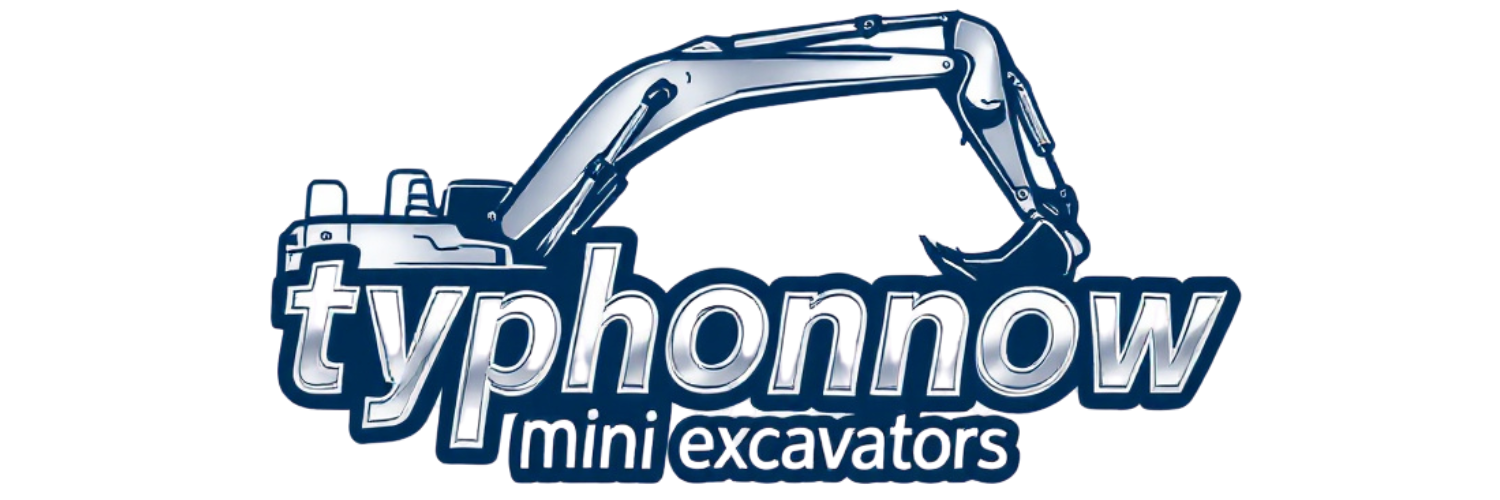New vs. Used Mini Excavator: Which is the Better Investment?
Since mini excavators can fit in small areas and do tasks previously done only with bigger equipment, they have become very popular in many fields including construction, landscaping, and urban planning. With the growing demand for these compact yet functional machines, potential buyers face a critical decision: new vs. used mini excavator: which is the better investment? This article will delve into the considerations of each option to help you determine which investment might be the better choice for your circumstances.
What Benefits Come with Purchasing a New Mini Excavator?
Investing in a new mini excavator comes with several advantages, from cutting-edge technology to the reassurance of warranty coverage. Here are some reasons why purchasing a new mini excavator might be beneficial:
- Advanced Technology: New models are often at the forefront of innovation, featuring the latest advancements in hydraulics, weight distribution, and environmental compliance, ensuring you have access to the most efficient and productive equipment.
- Warranty and Support: New excavators usually come with manufacturer warranties that protect your investment. Additionally, dealers often offer support services, including maintenance and training.
- Tax Advantages: Buying new equipment can offer significant tax benefits through depreciation deductions, improving a business’s financial standing.
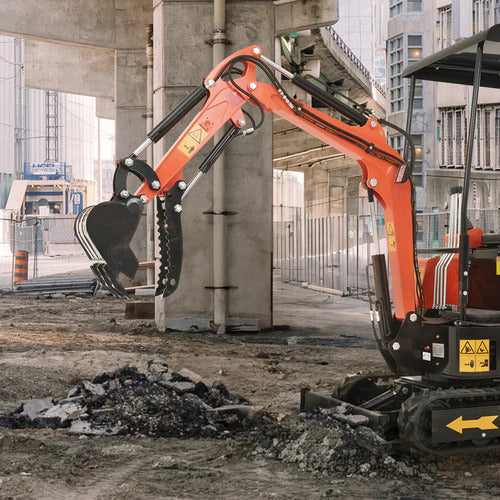
What are the Advantages of Buying a Used Mini Excavator?
For many businesses, especially startups and small to medium enterprises operating on tight budgets, the lower cost of a used mini excavator is a compelling advantage. Here are some reasons why purchasing a sed mini excavator might be a strategic choice:
- Cost-Effectiveness: The most apparent advantage of buying a used mini excavator is the significantly lower initial cost. This price difference makes them an attractive option for businesses looking to expand their equipment fleet without committing a large portion of their capital. By saving on the purchase price, companies can allocate funds to other essential areas, such as hiring skilled labor, marketing, or further business development initiatives.
- Availability: You can get a used mini excavator for immediate purchase and use, while buying a new one may require more time to order and wait. This may be an important factor for tasks with short deadlines since each day of delay can cost money.
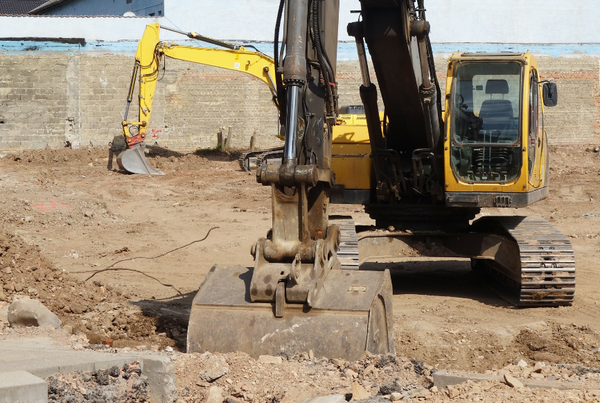
New vs. Used Mini Excavators-A Cost Comparison
When deciding between a new and a used mini excavator, a comprehensive understanding of the financial implications is essential. Here is a closer look at how the costs compare:
01. Initial Purchase and Ongoing Costs
The upfront cost of a new mini excavator is usually more expensive than that of a used mini excavator. The newest technology, efficiency, and frequent long warranties that can drastically lower maintenance costs in the early years are all purchased with the initial expenditure.
A used mini excavator, on the other hand, can be less expensive to buy initially, but additional expenses may arise from maintenance and usage in the past. These devices may require more frequent maintenance or replacement parts, particularly if the previous owner neglected to provide proper care for them. The initial savings on the purchase price may be offset by the cumulative expense of these repairs.
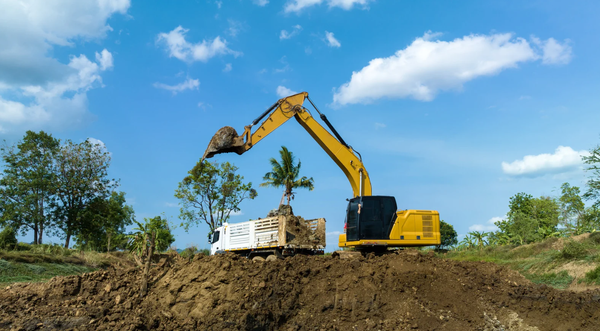
02. Long-Term Operational Cests
Operational costs-fuel consumption, maintenance, repairs, and eventually resale value- play a critical role. A new mini excavator is usually more fuel-efficient and may have better emissions standards, which could be crucial depending on local regulations or if the projects aim for environmental certifications.
While a used mini excavator may initially be less expensive, it may end up costing more in the long run if it is less effective or needs repairs more frequently. Besides, older models may not be able to comply with the latest emissions regulations, which could limit their use in specific areas or projects.
03. Analysis of Break-Even
To calculate the break-even point, please consider both the purchase price and the expected ongoing maintenance costs. For example, if a new mini excavator costs $50,000 with minimal maintenance costs in the first few years, compared to a used excavator at $30,000 with potential additional maintenance and repair expenses amounting to $5,000 per year, the break-even point will be reached when the total cost of owning the used excavator surpasses that of the new one. This analysis should factor in estimated repair costs, projected usage levels, and potential downtime, which could affect operational efficiency and overall cost-effectiveness.
Mini excavators on AHM can solve your problem if you still want to buy a new mini excavator with a limited budget. You can always find your ideal mini excavator at a price lower than $10,000. Moreover, AHM also works with Shop Pay to give you the payment option of installments, which means that you can break down the cost into more manageable monthly payments without feeling the financial strain all at once. The following high-quality mini excavator at a very competitive price from AHM can be a good choice that you can look for.
5
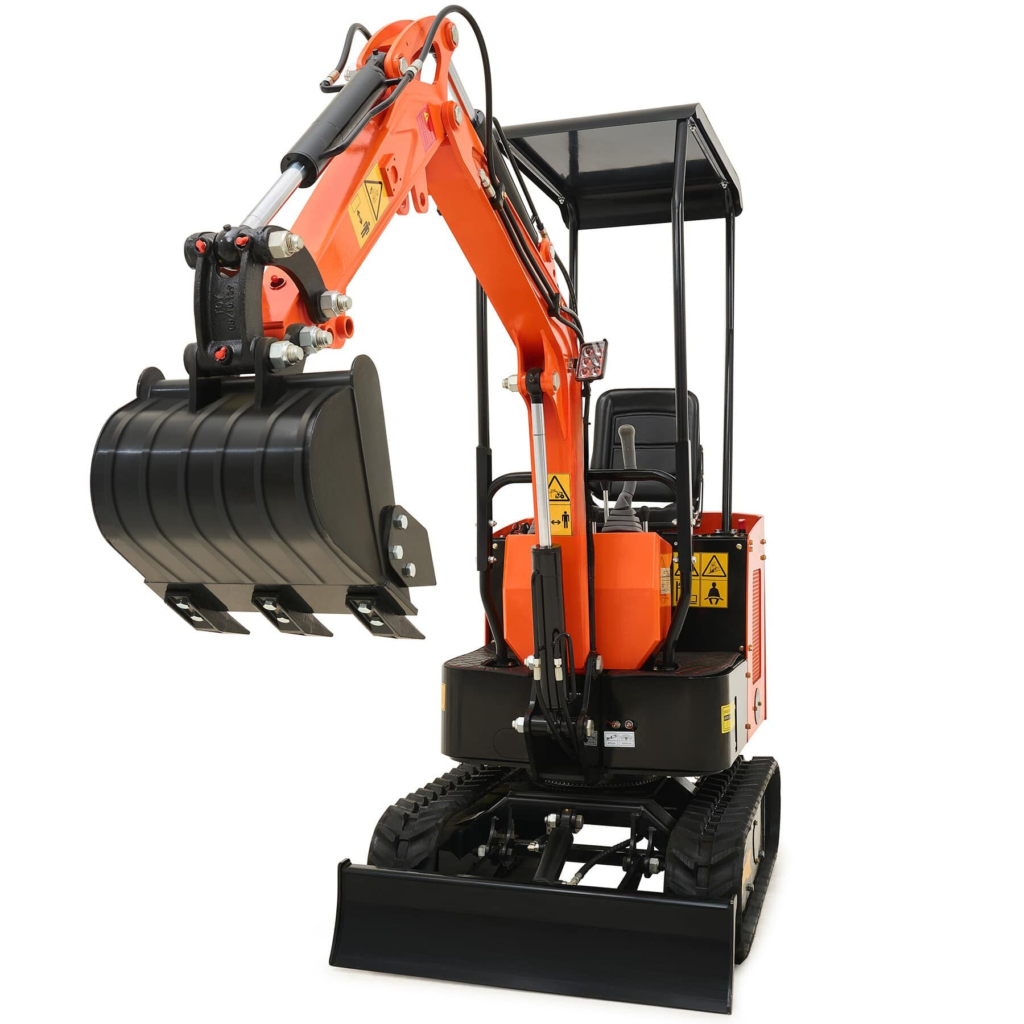
13.8 HP Kubota Engine 1.1 Ton Mini Excavator with 5.7 ft. Maximum Digging Depth
Conclusion
Choosing the right type of mini excavator-new or used-depends on your specific operational needs, financial situation, and long-term business goals. Each option offers distinct advantages, and the best choice varies by individual circumstance. By carefully considering each factor, you can make sure that your investment in a mini excavator aligns with both your immediate project requirements and your strategic business objectives.
